The introduction of Advanced Placement classes in the 1950s has profoundly and directly impacted student mental health. Studies dating back to the 80s have discovered a direct connection to the rise of anxiety and depression among young adults in high school who take AP classes. AP courses have begun to harm our student’s well-being, adding increased stress with minimal reward.
AP classes are falling short when preparing students for college curriculum.
Advanced Placement courses were initially expected to be academically rigorous and challenge students on a college level, but many discrepancies have been discovered. Now, classes rush through high-level material without deeply examining a topic, hoping to prepare students for a College Board Exam and college. Without proper guidance, students follow this path expecting to be ready for higher academia. It turns out they aren’t.
AP classes’ strict curriculum and high workload only produce test-driven results, not thought-provoking ones. Ivy League Universities, such as Brown, Cornell, and Dartmouth, have stopped accepting AP credits for this very reason, citing issues with critical thinking and independent study.
AP courses directly correlate to higher student stress levels and depression rates.
Although AP courses tend to lack intellectual content, they are described as intense and time-consuming. Instead of providing an edge, AP courses just offer a large workload with only the goal of passing a test. To make the AP commitment, a student will ignore other aspects of their life. And, if a student doesn’t do well, it hurts their GPA and self-esteem, all while losing valuable time.
Instead of enriching students’ lives, AP classes have produced higher stress, leading to more overwhelmed high schoolers. There is a direct correlation between stress levels and AP-level courses. From 1980 to 2016, there has been a 95% increase in total AP student participation. This decade alone has seen a 27% increase. It can be attributed to AP courses being offered at more high schools, homeschooled children, and online. Not surprisingly, the rate of teen depression has doubled in the same time frame. So, why are AP courses being pushed? Most students suggest it is the societal expectation to “be smarter, and take the harder class.” But what is expected is not always what inspires.
Giant Leaps Learning: An AP Alternative
When you consider the AP approach and its effects on students in the real world, it becomes clear that the reward does not outweigh the cost. So, how do we challenge students and nurture their love for learning at the same time? That’s where Giant Leaps Learning comes in—giving students the tools they need to succeed for their future and not one expected of them. We’ll leap with you. We offer an innovative future-forward solution at Giant Leaps Learning.






One Comment